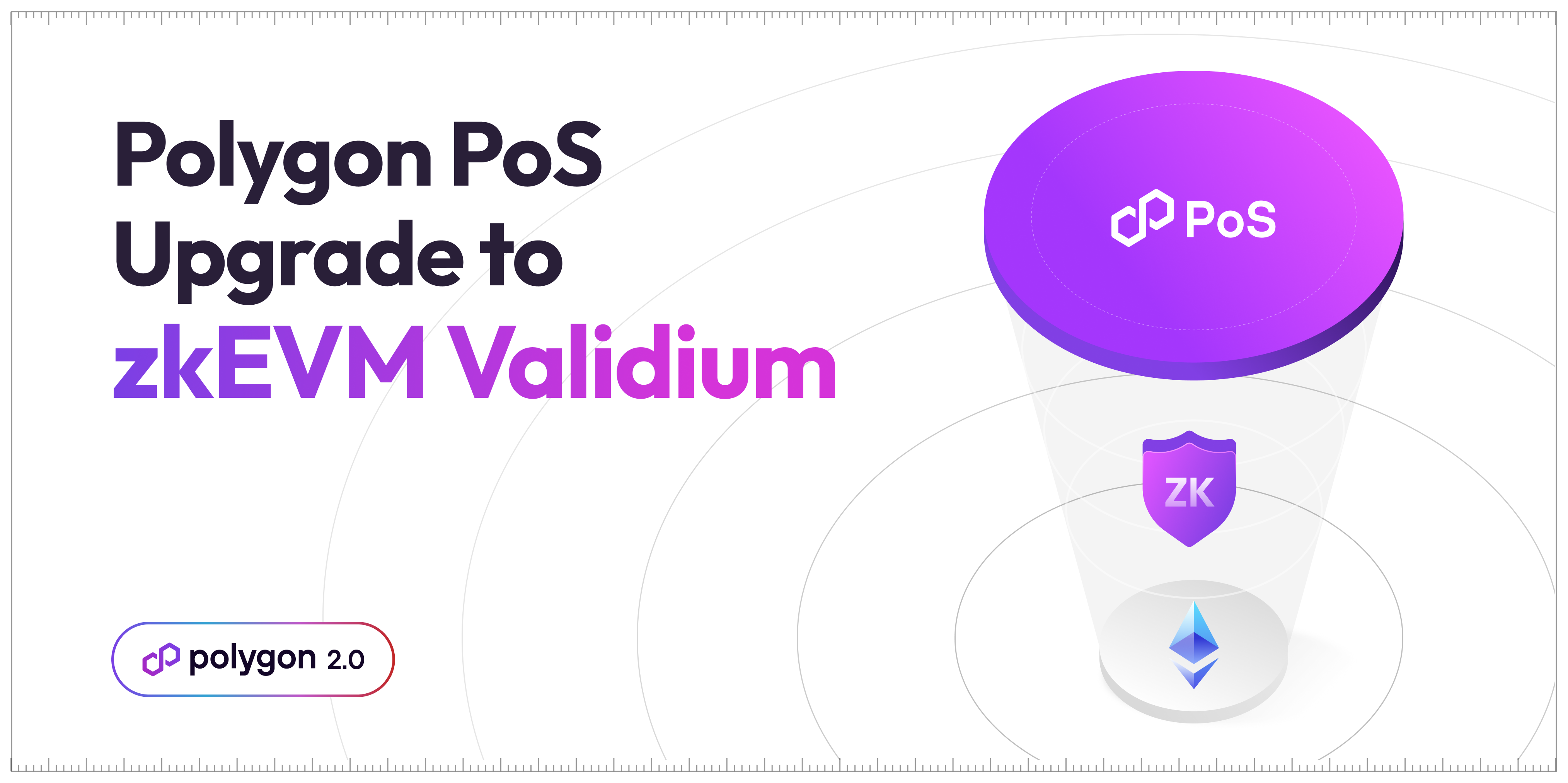
Polygon, the multifaceted scaling solution for Ethereum, recently confirmed Google Cloud as an official validator for its proof-of-stake sidechain, illustrating a consistent pattern of tech behemoths’ inclination towards Polygon, as evidenced by Deutsche Telekom’s earlier association.
The news emerged on Polygon’s network, highlighting that Google Cloud’s robust infrastructure, which fortifies platforms like YouTube and Gmail, will now extend its security protocols to Polygon’s network. This collaboration marks another milestone with Google Cloud deploying over $5,300 worth of MATIC for staking purposes on Polygon, according to the staking dashboard of Polygon.
The collaboration is a strategic alliance with substantial implications for Polygon’s imminent transition from a PoS chain to a validium. Validiums, leveraging off-chain storage solutions, enhance blockchain efficiency by preventing congestion, a strategic deviation from conventional zero-knowledge proofs that rely on Ethereum for data storage.
This month, @GoogleCloud became part of the decentralized validator set for Polygon PoS.
— Polygon | POL (@0xPolygon) September 29, 2023
The same infrastructure used to power @YouTube and @gmail is now helping to secure the fast, low-cost, Ethereum-for-all Polygon protocol.
With 100+ validators securing the Polygon PoS…
Polygon has been candid about the essential compromises related to decentralization with the incorporation of off-chain storage, acknowledging that the shift to validiums results in capitulating the inherent security advantages of Ethereum as only proofs, not the raw data, as stored on-chain. With the prospective completion of the transition to zkEVM validium around early 2024, as per insights from Polygon Labs. Google Cloud will be integral among the plethora of a hundred validators fortifying the chain and assuring data availability. The union of Google Cloud and Polygon, beyond its immediate ramifications, with the integration of blockchain technology within the crypto technology landscape, is driven by the pursuit of efficiency, security, and the enhancement of interconnected digital ecosystems.











